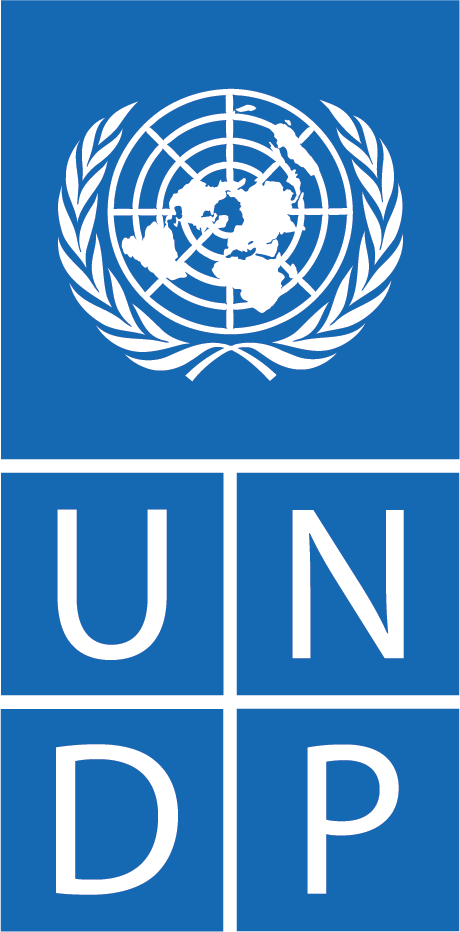Reduce inequality within and among countries
It is well documented that income inequality is on the rise, with the richest 10 percent earning up to 40 percent of total global income. The poorest 10 percent earn only between 2 and 7 percent of total global income. In developing countries, inequality has increased by 11 percent if we take into account the growth of population.
These widening disparities are a call for action that require the adoption of sound policies to empower the bottom percentile of income earners and promote economic inclusion of all regardless of sex, race or ethnicity.
Income inequality is a global problem that requires global solutions. This involves improving the regulation and monitoring of financial markets and institutions, encouraging development assistance and foreign direct investment to regions where the need is greatest. Facilitating the safe migration and mobility of people is also key to bridging the widening divide.
Reducing inequalities is one of 17 Global Goals that make up the 2030 Agenda for Sustainable Development. An integrated approach is crucial for progress across the multiple goals.


